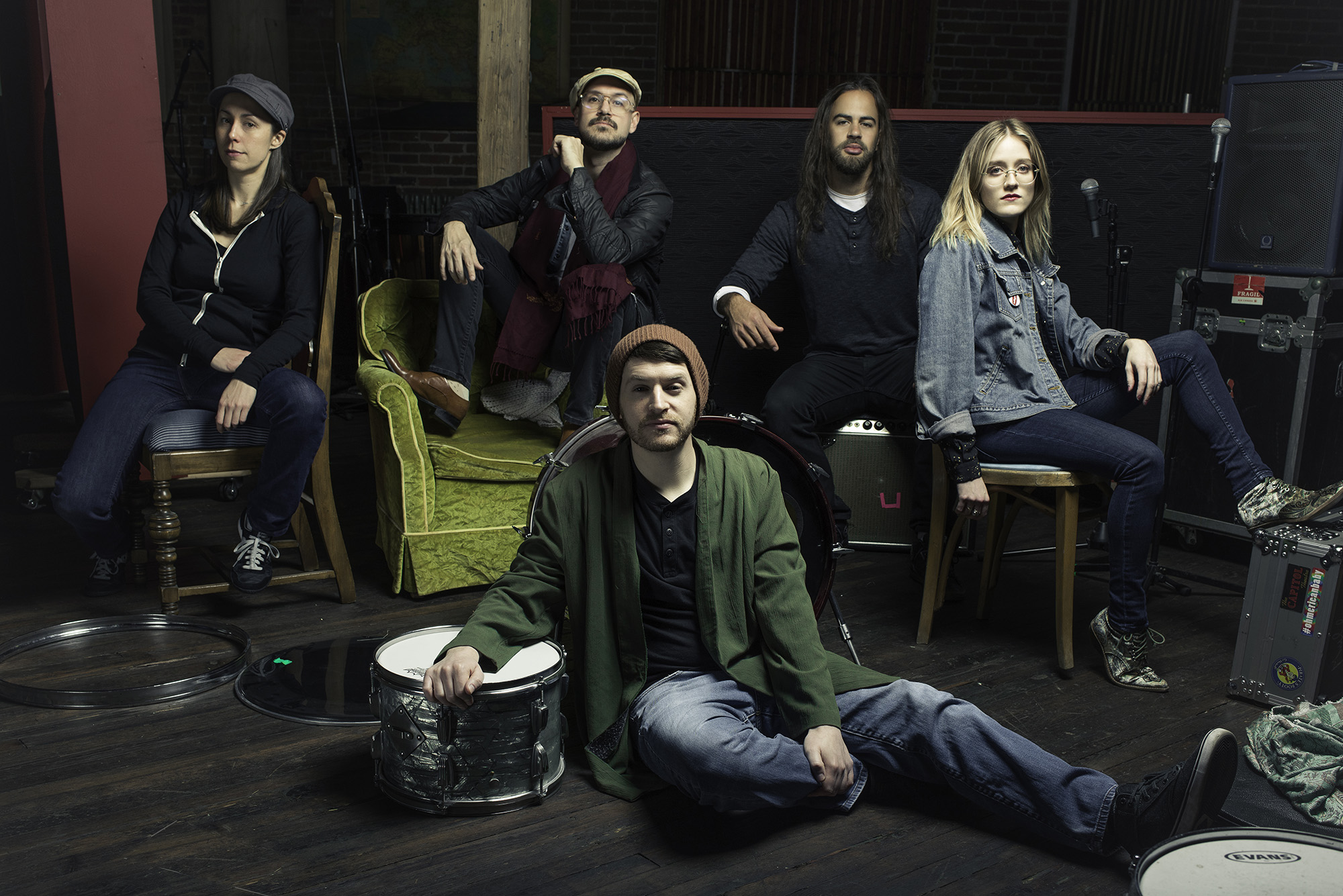
Holly Bowling has long wowed fans with her solo work, whittling down massive Dead or Phish arrangements into haunting, intimate performances. However her new project Ghost Light takes her out of the solo setting and matches her with Tom Hamilton, Steve Lyons, Raina Mullen and Scotty Zwang. They will hit the road this month, unveiling not only a new set of tunes but a new kind of creative outlet for the pianist. She explains that the shift from her solo work into Ghost Light is opening a lot of new doors. “It’s the first band that I’ll be touring with and playing in as a solid continuous regular thing,” she said. In the condensed conversation below, Bowling discusses her creative process, her new band and her connection with the Dead.
Ghost Light is your newest project, which is very exciting. Tell me a little bit about your friendship with Tom Hamilton. Do you feel like your two skill sets are really simpatico and complement one another?
Yeah I mean they’re really different, but they work well together. That’s a good recipe in general. You don’t want to be too much of the same thing. But yeah, we’ve been playing together a bunch over the past year and I think every time we’ve been like, “Oh we have to do this again. This is fun!” So, it’s been cool to have the opportunity to spend more time working on building what we want Ghost Light to be. Me sitting in with American Babies with one quick rehearsal versus working on new music together for a week is a whole different thing.
Tell me about those initial Ghost Light rehearsals.
We’ve all been gettin’ together in the studio, working on developing tunes together, writing together and just having this new thing coalesce and take form. Having the opportunity give it the time that it deserves and see what it grows into has been super fun.
As far of the sound of Ghost Light goes, can you kind of give us hints as to what you guys are leaning towards? Sonically, are you and Tom in the forefront?
Right now, we’re really trying to approach it as all five of us on equal footing and coming in and seeing what everyone can bring. You know, it’s still a very much a new thing and a work in progress. But so far, it’s felt very much like something that everyone is equally involved in. We’re writing together, we’re all making decisions critically and creatively in the studio together.
Do you find yourself flexing new creative muscles in terms of writing with and for other people?
It’s definitely different writing for a larger ensemble versus writing for trio or solo stuff. So it’s flexing a different set of muscles for sure, with writing. But it also feels very much like a shift, shifting gears.
When I’m playing solo I’m trying to take all of these parts and condense it down to one place where I’m thinking in terms of like, this giant world and bringing it down into a smaller entity. You know? I can’t play all the parts so I’m kind of trying to paint around the edges and outline this bigger world that I want the listener to hear. I want it to expand in their head even though it’s only this small framework.
And then, to just turn around and work in this other context where I’m not trying to take the whole orchestra or the whole band and put it into this smaller space. It’s more that I get to listen and find what sliver of that and what sections are going to be me, and how that’s going to fit with the others. So, it’s really a complete reversal of what I’ve spent the last few years really throwing myself into, which is cool. And it’s definitely been good to get to dive into the world of Ghost Light rather than, flipping back and forth between that and my solo work. Because, mentally, it’s like a completely inverse experience.


No Comments comments associated with this post